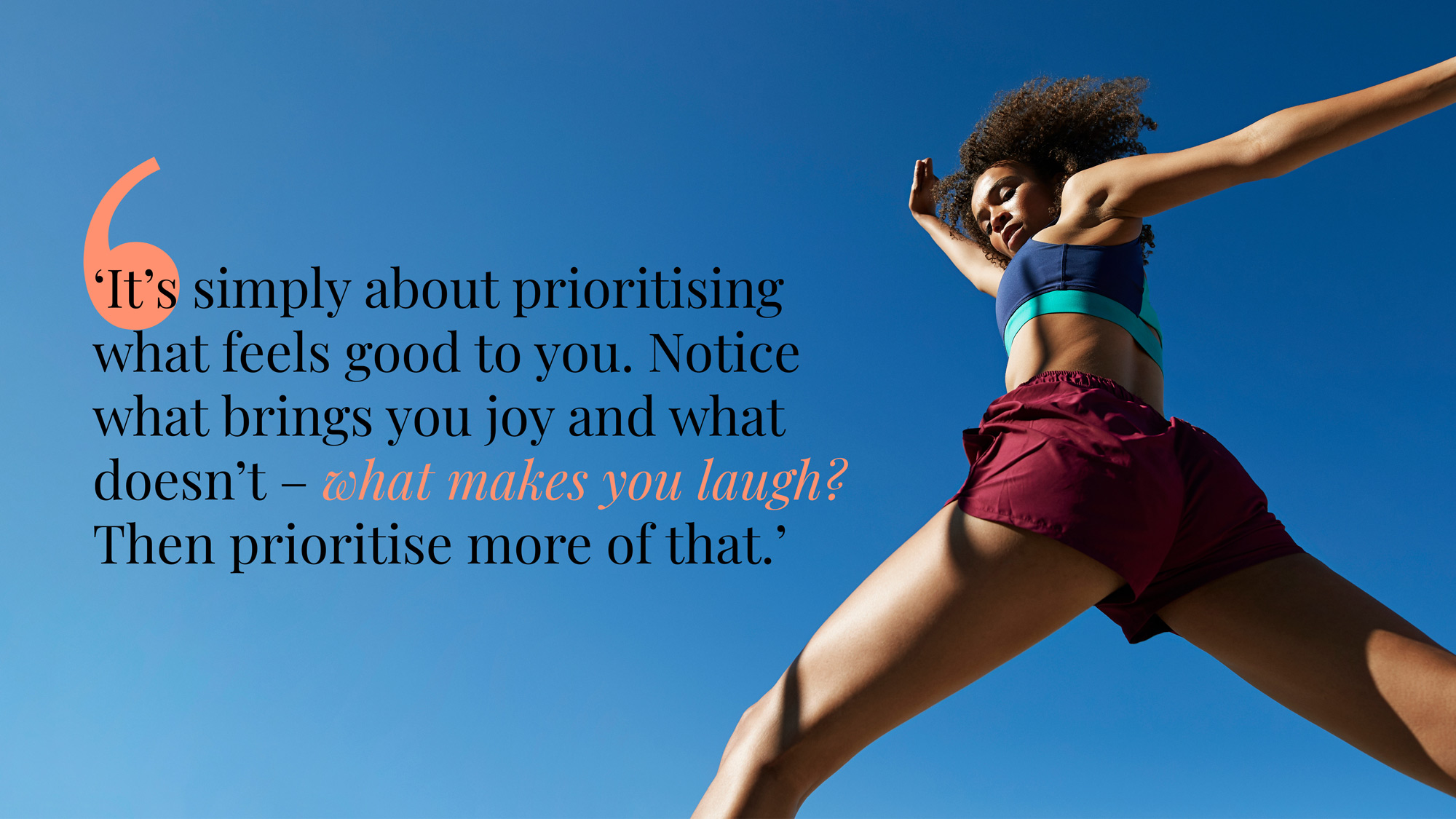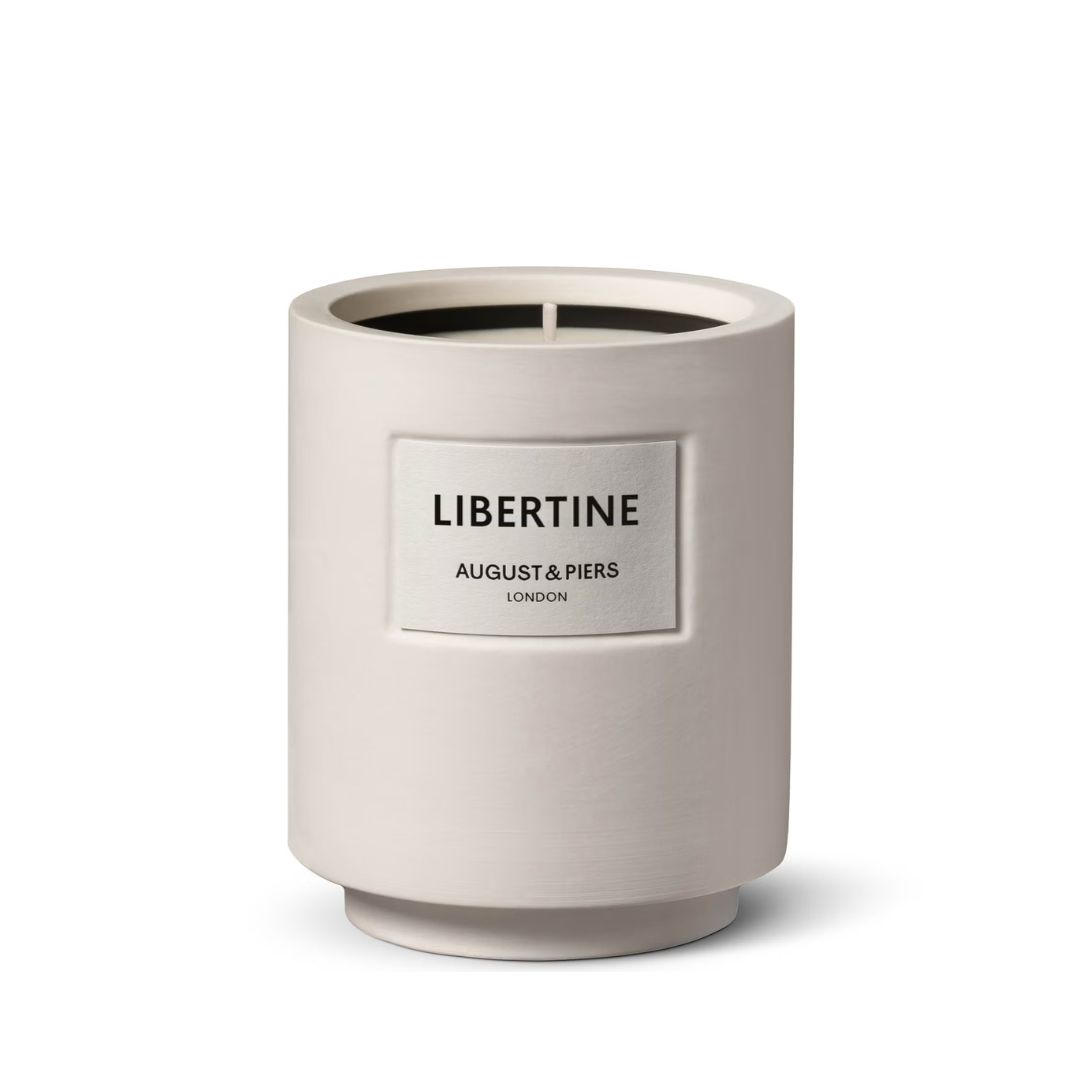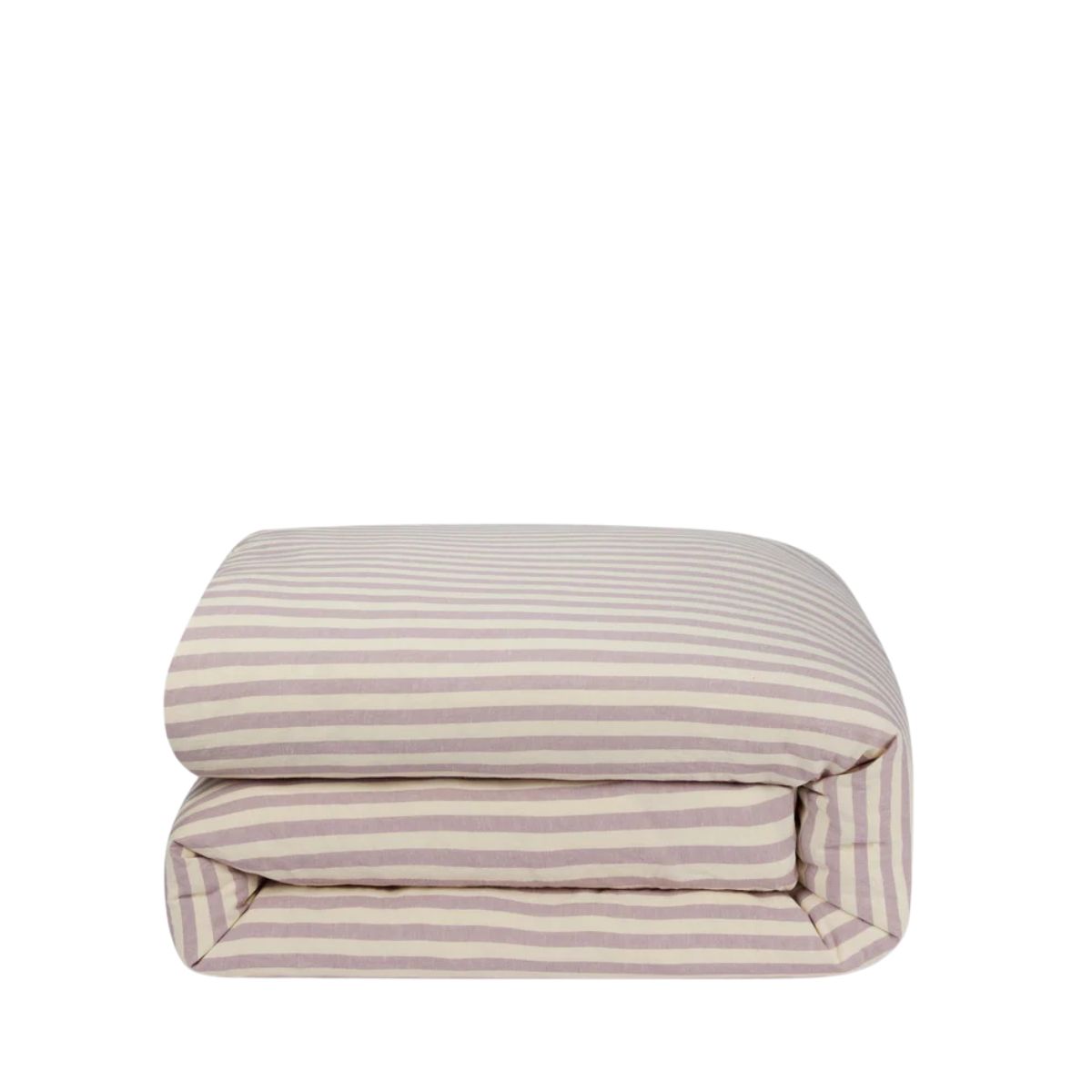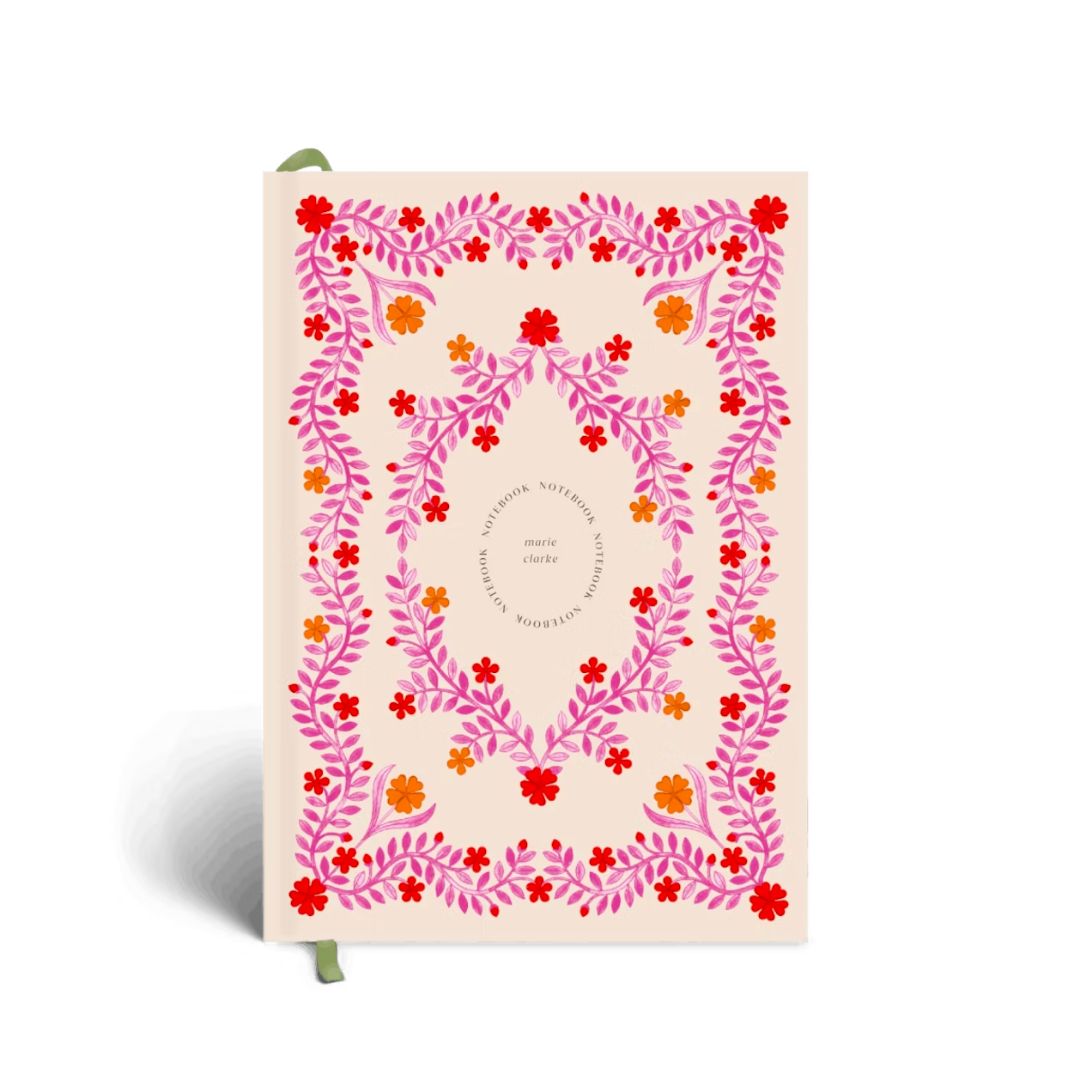11 Simple, Science-Backed Ways to Spark Joy and Boost Mood
Celebrate the wins and prioritise what makes *you* happy.

Celebrity news, beauty, fashion advice, and fascinating features, delivered straight to your inbox!
You are now subscribed
Your newsletter sign-up was successful
In a world filled with inequality, trauma and gloomy news cycles, finding joy can feel increasingly hard. It's all too easy to fall into the trap of feeling helpless and hopeless, especially during the summer months, when temperatures are soaring and life is so busy it's hard to know whether you're coming or going.
It hasn't exactly been an easy few years, has it? Shortly after we'd emerged from a global pandemic, which saw many globally experience significant trauma and loss, we were hit with the cost of living crisis, a turbulent economy, and war in several countries. It's perhaps no surprise, then, that figures from the Office of National Statistics highlight that around one in six adults are experiencing moderate to severe depressive symptoms right now. Not just that, but recent data from Our Future Health revealed that one in six British adults feel depressed, with women twice as likely as men to report a diagnosis.
That's where attempting to nurture a more joyful and positive mindset comes in - a crucial tool in nurturing our own mental wellbeing. Not only does staying positive benefit our mental health, but it can also have a huge impact on our physical health, too. According to one 2016 study, replacing worries with positive thoughts helps to reduce anxiety and intrusive thoughts significantly, and even boosts our immune system, showing that joy and positivity are integral to living a satisfying and healthy life.
“According to a meta-analysis of more than 300 studies, we can prove that there is a link between positive thinking and improved immunity,” says positive psychology practitioner and life coach, Sophie Cliff, also known as The Joyful Coach. “The more positive we are, the better our physical well-being is likely to be.”
So, where to begin? Sadly, there’s no universal blueprint for how to be happy or a handbook detailing the secret rules to live a happier life – it’s simply about prioritising what feels good to you. Notice what brings you joy and what doesn’t – what makes you laugh? Then prioritise more of that.
But for simple, actionable ways to spark joy every day, keep scrolling - below, we've spoken to both Sophie Cliff and hypnotherapist and subconscious mindset coach, Jessica Boston, to find out their top tips for staying positive this year and beyond.
Of course, if you experience serious mental health symptoms for a prolonged period of time, it's always best to book an appointment with your GP. They're best positioned to offer qualified and measured advice on a treatment plan, and will support you on your mental health journey.
Celebrity news, beauty, fashion advice, and fascinating features, delivered straight to your inbox!
Keen to read more expert-led wellness features? Don't miss our guides to reframing negative thoughts, acts of kindness, and self care ideas, while you're here.

Finding joy and staying positive in 2025: your ultimate guide
1. Prioritise connection
“Research tells us that the greatest predictor of happiness is our relationships with others – and the good news is, these relationships don't need to be perfect!” says Cliff. “We just need to feel part of a community – even saying hello to the postman or your local barista can boost your sense of well-being.”
2. Write a gratitude diary
“I always recommend trying to get into the habit of writing down and reflecting on what was the best part of the day,” says Cliff. “It could be a gratitude list, it could just be thinking ‘what was my favourite part of the day’. It doesn’t have to be super prescriptive, but what writing a gratitude list helps people to do is notice what they already enjoy. So often, we feel disconnected from what brings us joy, and we don’t really know where to start. So actually noticing what the best bit of the day was – whether it’s a text from a friend or getting outside for some fresh air – can give us really valuable information about what’s going to help us to feel good.”
Our round-up of the best wellness planners might come in handy here.
3. Listen to your body
“Remember, it’s ok not to be ok, so don’t rush to override the feelings in your body,” says Boston. “Use them as an opportunity to listen to what you want and need. I appreciate that this is harder when you are on the breadline and engulfed in survival. This is a practice you want to begin when life is more spacious, but it's never too late to start," she shares.
She goes on: "I also appreciate that if you feel disconnected from your body, this can be more challenging, but without sounding wonderfully pretentious, it’s a practice, not something one and done. We can easily become fearful of our feelings. Still, when you listen to them with curiosity, you are halfway to knowing what that feeling needs, and it is profoundly empowering to feel unafraid of your own body.”
4. Ask yourself ‘how do I feel today out of 10’
“When we are perhaps at that low ebb, check in with yourself in the morning and ask yourself, ‘How do I feel today out of ten?’ or, ‘what's something I could do to improve the score by one point?’,” suggests Cliff.
Know this - “We’re not trying to get to 10 out of 10, because that can feel overwhelming and unrealistic in the current climate. But, by continually saying, ‘okay, I feel like a three out of 10 today, but doing exercise would make me feel like four out of 10’ or ‘I feel like a six out of 10 and go for dinner with a friend would bump that score up by one or two points’," she explains.
"What we’re starting to build is this muscle that reminds us that we have some form of control and that we have influence over how our day goes, when it often feels like we’re at the mercy of the news cycle.”

5. Focus on the things you can control
Did you know? “As humans, we are wired to want to feel like we have some sort of autonomy over things. And when we feel completely helpless, that’s when we can feel stressed or when we can feel overwhelmed,” says Cliff. “So even if there’s a lot we can’t personally control – like the cost of living crisis – trying to turn our energy to the bit of it that we can control can really help."
An example she often gives is from during the first lockdown, when none of us could control whether we could leave the house or see family. "But what we could control was perhaps cooking a really nice dinner or how we kept in contact with friends and family," she explains. "The people who favoured that sense of autonomy and focused on what they could control tended to fare better than those who didn’t - it’s about making the best of what we can control, instead of trying to influence what we can’t.”
6. Surround yourself with 'expanders'
“This will sound overly simplistic, but our worldview starts narrowing in when we feel overwhelmed, exhausted or isolated. It’s survival,” says Boston. “As our focus narrows, we affirm evidence supporting our narrowing perspective, which is always easy to find in a culture that is switched on to world events, war 24/7. Recession, misogyny, racism and division, it feels like it never stops. It’s a lot for our poor, exhausted nervous systems to deal with; eventually, they run out of capacity. Remember, fear is contagious. It’s easy for us to be dragged into someone else’s worldview."
Her advice? Actively seek people or things that open your world back up again. Think to yourself - what has worked before? What makes you laugh and smile? What do you love? What websites or newspapers expand your worldview? Which friends make your world go from tiny to big and exciting? "Do something for yourself every day that expands your world back up again," she recommends.
@lucygeorgia Little things = big joy !!!! It’s pretty normal to not feel 100% all the time, so here’s what I do on a rainy mental health day to make myself feel a bit better :)
♬ The Kite Live by Luisa Marion - luisa_marion_music
Things to do to spark joy in 2025 and beyond
1. Visit a museum
Many of London’s biggest museums also double up as some of the biggest free attractions in London. From the Science Museum and Natural History Museum to the V&A and the British Museum – these museums cost totally zilch to visit.
2. Join a parkrun on a Saturday morning
Does running bring you joy? There are 1,157 (totally free) parkrun events around the country to choose from in the UK – a 5km run starting at 9 am every Saturday morning. All you need is a pair of shoes - shop our edit of the best running trainers, here.
3. Enjoy the London skyline at the Sky Garden
While the cocktails at the Sky Garden may cost a pretty penny, actually visiting is completely free of charge. Take a book, sit amongst the plants and enjoy the view.

4. Practice yoga with Adriene
We all know a little movement is essential to our mood, but if you don’t fancy braving the heat, stay inside and follow a yoga flow – for free – with 'Yoga with Adriene' on YouTube. That, or check out our yoga poses guide.
5. Treat yourself
While we’re fully aware that buying a pair of new boots or a fancy Rixo dress is neither sustainable nor going to fix all your issues, sometimes, a little ‘retail therapy’ is exactly what the doctor orders when it comes to sparking joy and creating positivity.
In fact, a 2014 study from the Journal of Consumer Psychology found that retail therapy not only makes people happier immediately, but it can also fight lingering sadness. While another 2014 study from the University of Michigan showed that purchasing things you personally enjoy can be up to 40 times more effective at giving you a sense of control than not shopping.
Here are some of our favourite products that spark joy...
If you’ve noticed changes to how you think and feel that concern you, talk to your GP about them, or reach out to a charity such as Mind on 0300 123 3393 or Samaritans on 116 123.





